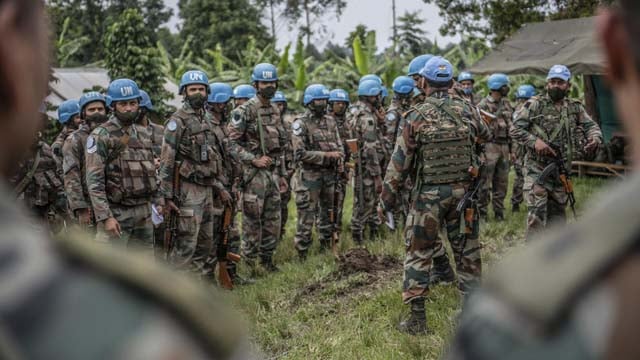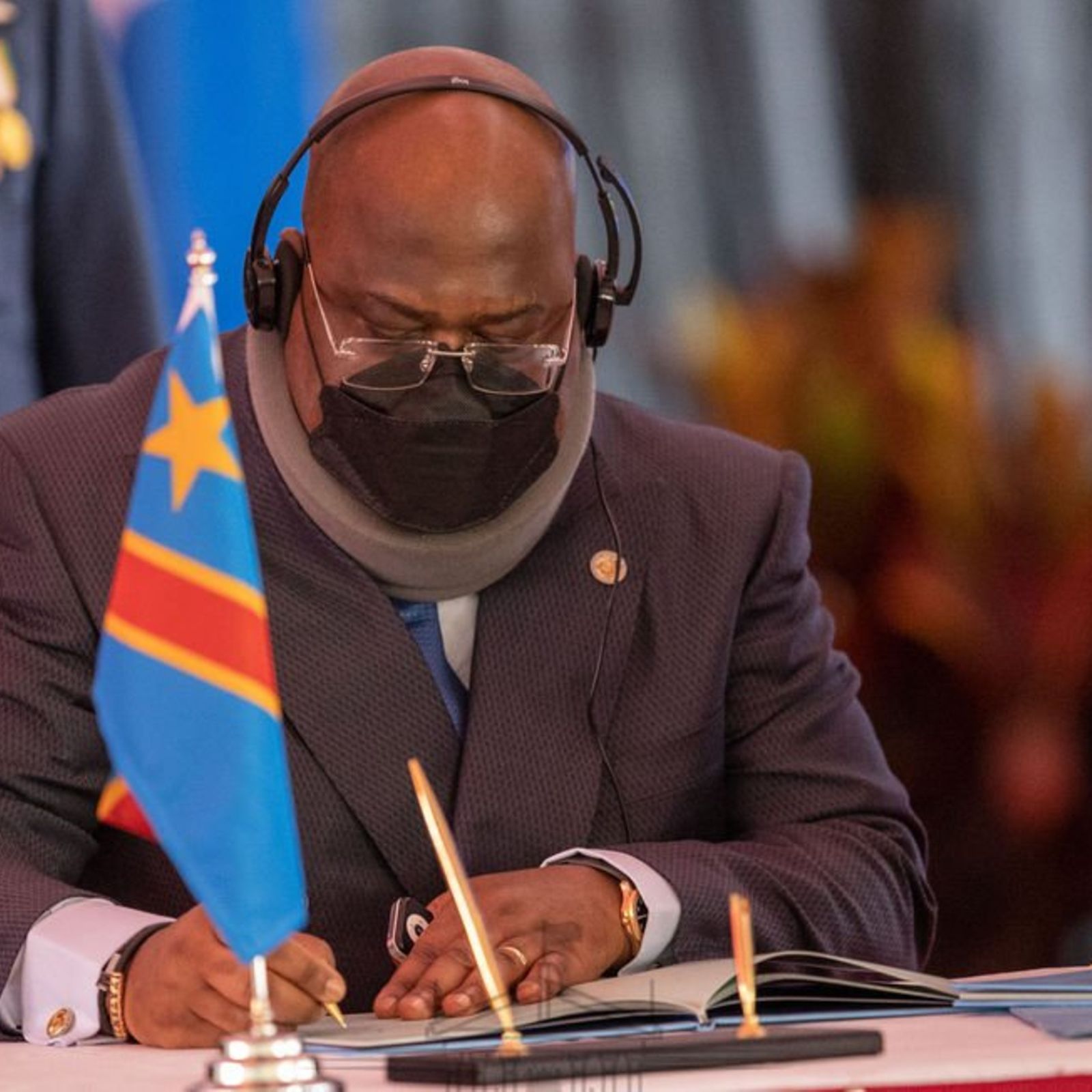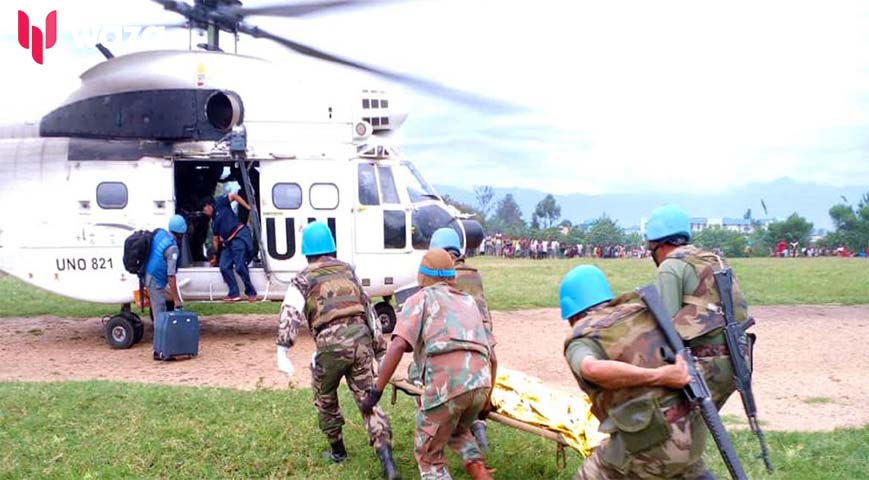On Wednesday, the Democratic Republic of the Congo's president demanded the swift removal of a significant UN peacekeeping operation operating in the country for almost 25 years.
Felix Tshisekedi told the UN General Assembly, "It is time for our country to fully control its destiny and become the critical protagonist in its stability.
A source of tension and populist rhetoric in the DRC for years, the MONUSCO mission's eventual departure has been central to discussions over the country's future.
The deployment of approximately 15,000 peacekeepers, according to Tshisekedi, "has not succeeded in confronting the rebellions and armed conflicts... nor in protecting the civilian populations."

Did you read this?
The Security Council approved a plan for gradually withdrawing UN soldiers from the Democratic Republic of the Congo in 2020, establishing guidelines for handing over responsibility to Congolese forces.
The DR Congo requested the Security Council in September to begin the withdrawal process in December of this year, when Tshisekedi is up for reelection, even though the proposal under consideration was to start in December 2024.
Speaking before the UN, Tshisekedi declared that it was "illusory and counterproductive to continue to cling to the maintenance of MONUSCO in order to restore peace."
At a Security Council meeting in June, the United States cautioned against a fast withdrawal of the operation, believing that the nation needed to prepare to split with the Blue Helmets at the end of 2023.
The discussions occur due to many assaults and protests against the UN presence in the nation.

In a crackdown on an anti-UN protest in eastern DR Congo in August, about 50 people were slain.
Tshisekedi states, "MONUSCO's withdrawal must be accelerated immediately to reduce tension."
As a result of local conflicts that erupted in the 1990s and 2000s, the east of the DRC has been plagued by militia violence for thirty years.
With a budget of nearly $1 billion annually, the UN peacekeeping mission in the area, which has been operational since 1999, is one of the most extensive and most expensive in the world.
But in the DRC, where many people believe that the peacekeepers have failed to stop conflict, the UN faces harsh criticism.









